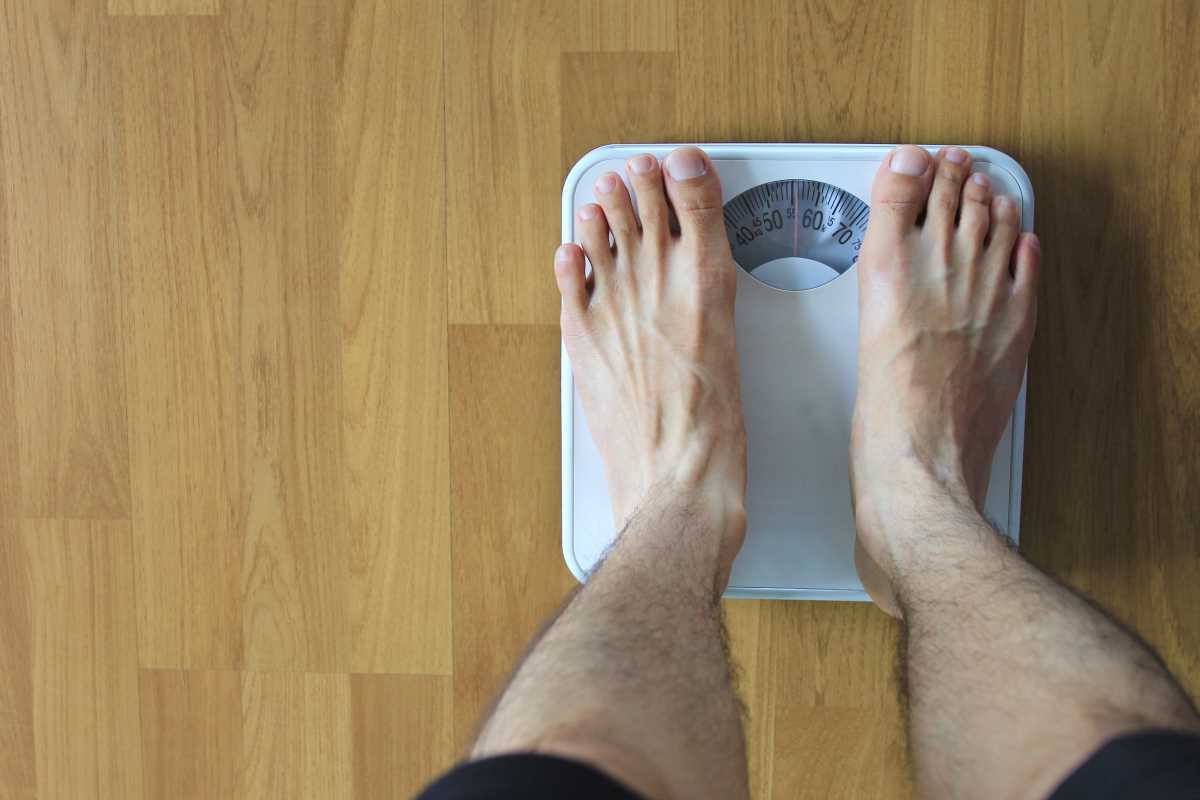Dealing with arthritis pain can be challenging and impact everyday life. Finding ways to manage and alleviate this discomfort is crucial for maintaining overall well-being. Here are some effective ways to control arthritis pain:
Regular Exercise
Physical activity can help improve flexibility, strengthen muscles, and reduce joint pain. Low-impact exercises such as swimming, walking, or yoga can be beneficial for individuals with arthritis. These activities can help maintain a healthy weight, which in turn reduces pressure on joints, leading to pain relief.
Healthy Diet
Maintaining a balanced and nutritious diet can play a significant role in managing arthritis pain. Certain foods such as fatty fish, nuts, fruits, vegetables, and whole grains have anti-inflammatory properties that can help reduce inflammation and alleviate pain. Avoiding processed foods, sugary snacks, and excessive alcohol consumption is also essential in managing arthritis symptoms.
Heat and Cold Therapy
Applying heat or cold to affected joints can provide temporary relief from arthritis pain. Heat therapy, through warm baths, heating pads, or hot packs, can help improve blood circulation and reduce stiffness. Cold therapy, using ice packs or cold compresses, can help numb the area and reduce inflammation. It's important to alternate between heat and cold therapy to find what works best for your pain relief.
Weight Management
Maintaining a healthy weight is crucial for managing arthritis pain, especially in weight-bearing joints like the knees and hips. Excess weight puts additional stress on joints, leading to increased pain and discomfort. By following a balanced diet and staying physically active, you can achieve a healthy weight, reducing the strain on your joints and improving overall mobility.
Physical Therapy
Engaging in physical therapy sessions can help improve joint function, reduce pain, and increase range of motion. A physical therapist can create a customized exercise program to target specific areas affected by arthritis, helping you build strength and flexibility. Additionally, they can provide guidance on proper body mechanics and techniques to protect your joints during daily activities.
Medication Management
Consulting with a healthcare provider about pain-relief medications is essential for controlling arthritis symptoms. Over-the-counter medications like acetaminophen or nonsteroidal anti-inflammatory drugs (NSAIDs) can help reduce pain and inflammation. In some cases, prescription medications or injections may be recommended to manage severe arthritis pain. It's important to follow your healthcare provider's guidance on medication usage to avoid potential side effects.
Mind-Body Techniques
Practicing relaxation techniques such as deep breathing, meditation, or mindfulness can help reduce stress, which can exacerbate arthritis pain. Mind-body therapies like tai chi or qigong focus on gentle movements, breathing exercises, and mental focus, promoting relaxation and alleviating pain. These techniques can also improve mental well-being, enhancing your overall quality of life while managing arthritis discomfort.
By incorporating these effective ways to control arthritis pain into your daily routine, you can better manage arthritis symptoms and improve your quality of life. It's essential to consult with healthcare providers and experts to create a personalized pain management plan tailored to your specific needs and preferences. Remember, managing arthritis pain is a journey, and finding the right combination of strategies that work for you may take time and experimentation.
 (Image via
(Image via




